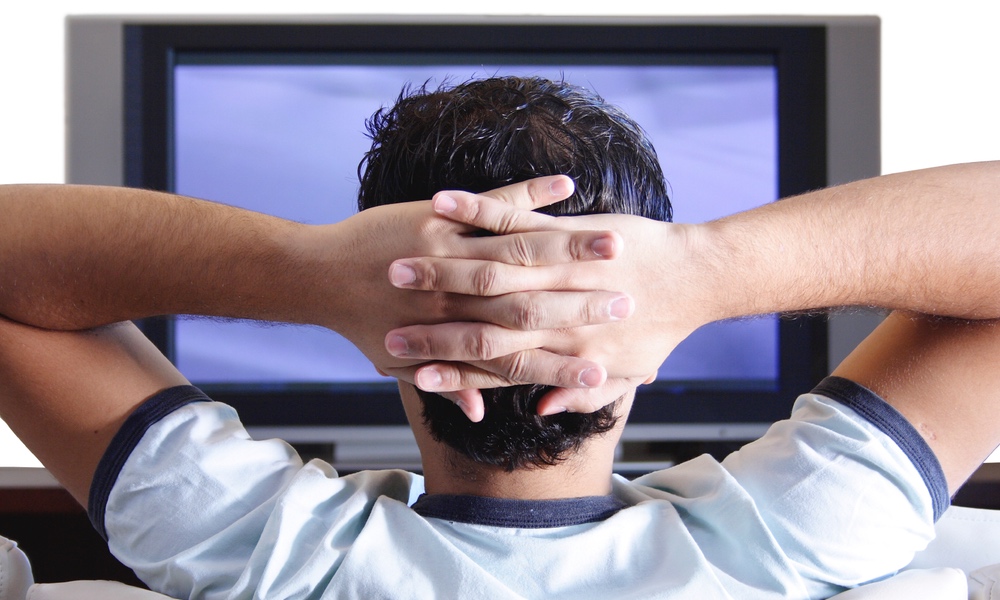In a world where screens are everywhere, a new Australian study has uncovered a troubling cycle: excessive screen time, especially from playing video games, not only contributes to emotional and behavioral issues in kids, but also intensifies them in a self-perpetuating loop.
“Children are spending more and more time on screens, for everything from entertainment to homework to messaging friends,” Michael Noetel, one of the authors of the study and an associate professor in the School of Psychology at the University of Queensland, pointed out in a press release.
Screen time affects children's emotional health over time, not just in isolated moments. To understand what those effects might be, the research team analyzed data from 117 studies involving more than 292,000 children under the age of twelve from the United States, Canada, Australia, Germany and the Netherlands.Kids who experience emotional problems are more likely to increase their screen time, so those who use screens heavily might need emotional support, not just restrictions.
The researchers concluded:
- It's a two-way street: Kids who experience emotional problems are more likely to increase their screen time. In turn, more screen time can worsen these problems.
- Video games were the main culprit: More than other types of screen time gaming was the most strongly associated with emotional challenges, though its effects were not always negative.
- Age matters: The strongest negative effects were among children 6 to 10 years of age.
- Gender patterns emerged: Girls exhibited more emotional distress related to screen use, while boys were more likely to turn to screens when feeling emotionally upset.
- The problem escalates over time: The relationship between screen time and emotional issues isn't immediate. It develops over time and grows stronger as the habit continues.
“The findings suggest parents might want to be cautious about what screens they allow and use parental controls to manage time,” Noetel said. He also noted that kids who use screens heavily might need emotional support, not just restrictions. In the same vein, parents could benefit from programs helping them handle both their child's screen use and emotional problems.
But let's be real. It's neither realistic nor necessary to completely cut out screen use. If your child is spending what you consider too much time staring at their screens, you may want to try these four expert tips to help cut down their use:Girls exhibited more emotional distress related to screen use, while boys were more likely to turn to screens when feeling emotionally upset.
-
1. Set screen time boundaries. Follow guidelines like those from the American Academy of Pediatrics, which include limiting time on digital devices to no more than one hour per day for kids aged 2 to 5, and consistent limits for older kids.
2. Design screen-free zones. Keep bedrooms, mealtimes and family times device-free to encourage more face-to-face interaction.
3. Help kids name their feelings. Encourage children to talk about their feelings instead of turning to a screen for comfort.
4. Promote physical play and hobbies. Outdoor play, reading, crafts or family board games can be meaningful alternatives.
But there's good news, too. With a little intention and a lot of heart, we can help kids unplug from stress and reconnect with what really matters. Screens might be everywhere, but so are opportunities to guide our kids to a healthier, happier offline life.
The study is published in Psychological Bulletin.





